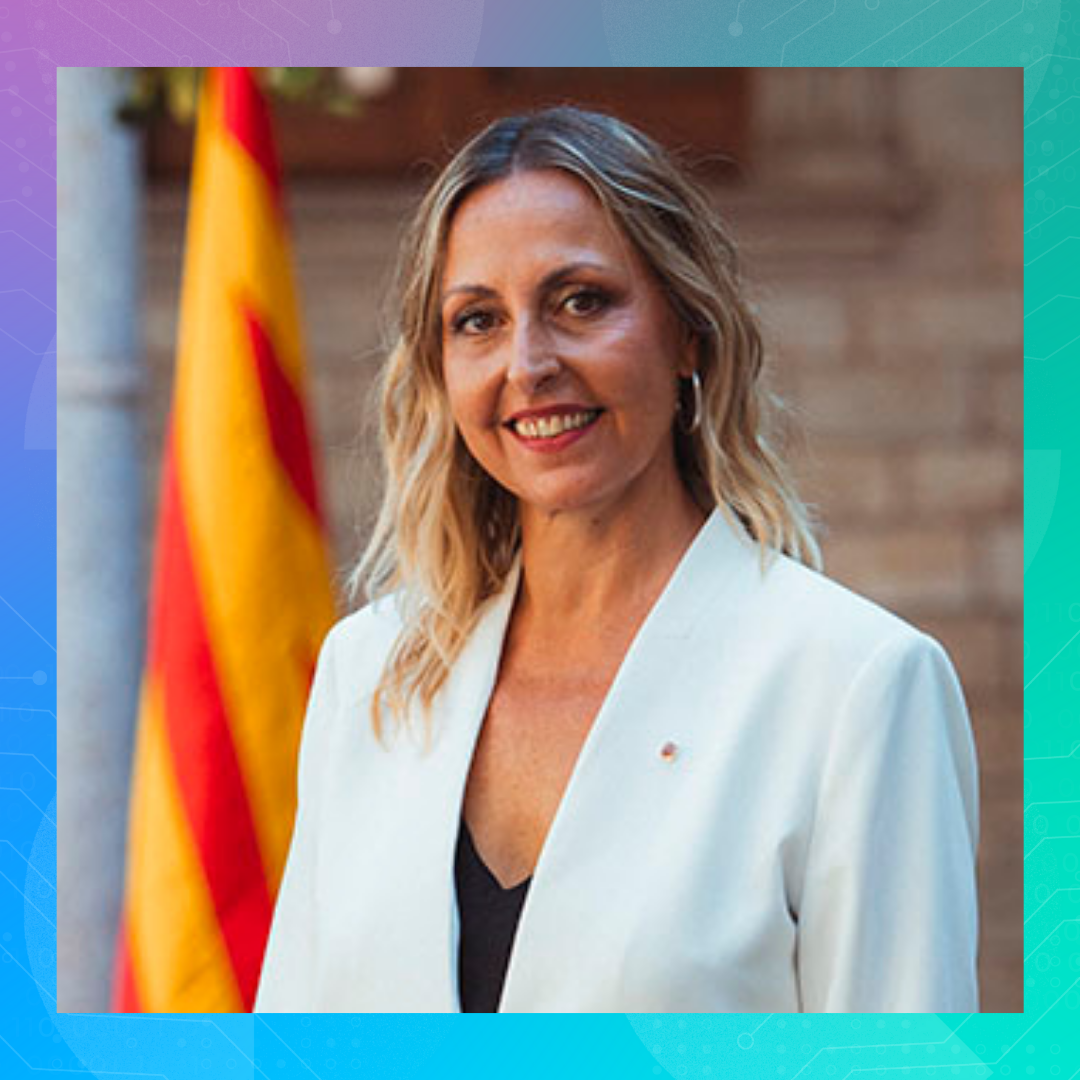The Time Use Week is the international event for the promotion and exchange of knowledge and success stories about time policies. Researchers, political institutions, companies, social organizations, and citizens from around the world will participate and collaborate, each contributing from their different fields of knowledge and expertise, to achieve improvement in the social organization of time.
Time policies are key tools available to public administrations and organisations to reduce the inequalities caused by time poverty and to build a healthier, fairer, more efficient, and more sustainable society where the right to time is guaranteed for everyone.
The current organisation of time causes great discomfort among the population, who find it difficult to balance the different times in their lives (paid work time, unpaid work or care time, leisure and participation time, rest time). This negatively affects people’s physical and mental health, productivity, and happiness. Specifically, in Europe, up to 20% of the population suffers from time poverty, and the figure exceeds 50% in some Latin American countries.
Time Use Week 2025, the twelfth edition, is framed within “The Right to Time in the Era of Artificial Intelligence” and will hold its main events from October 13 to 15 in Barcelona and online via YouTube. TUW 2025 will focus on how the emergence of artificial intelligence, and more broadly, technological advances, presents us with a new horizon of possibilities for addressing the challenges of improving the organization of time use by 2050.
The 3 key questions of TUW2025
1. Will technological innovation, and specifically artificial intelligence, be the lever for eradicating time poverty? Will the right to time be a citizen’s right in 2050?
2. What will our daily lives be like in terms of time distribution in 2050?
- How many hours will we work? Will the working week be 40 hours, 37.5 hours or 35 hours? Will technology make working models even more flexible? Will this reduction affect us all equally?
- How many hours will we devote to caring for children and/or dependents? Will we have more time to provide better care? What technological tools will facilitate care management?
- How many hours will we devote to mobility? Will the efficiency of public transport eliminate private transport? Will cities meet all needs within a 15-minute radius, allowing us to get everywhere on foot or by bicycle?
- Will we have more time to rest? Will our routines be healthier and more in line with our internal or circadian rhythms?
- Will we have more time for social relationships and/or democratic participation? How will these evolve with technology?
3. What solutions can be proposed by public administration, civil society, and businesses to ensure that the right to time is a reality by 2050, taking advantage of technological advances?
The voice of the experts
Main events program
The main program includes conferences and round tables, interactive workshops, and networking opportunities with the participation of experts in the fields of AI, the world of work, care, urban innovation, democracy, and more. This year, registration for TUW 2025 (free and mandatory to attend) includes a free ticket to visit BIZ Barcelona Exhibition, the main meeting point for those who lead, manage, or promote small and medium-sized businesses, where the TUW events will take place on October 15.
TUW2025 speakers
























Side Events & Transformative Actions
For those who cannot attend the main events, Time Use Week will feature parallel events throughout Catalonia, organized by agents committed to making the right to time a reality. In addition, this year the distinction of “collaborating organization” of Time Use Week is reinforced, which will recognize the active role of those entities that promote transformative initiatives to improve time use within the framework of the Week.